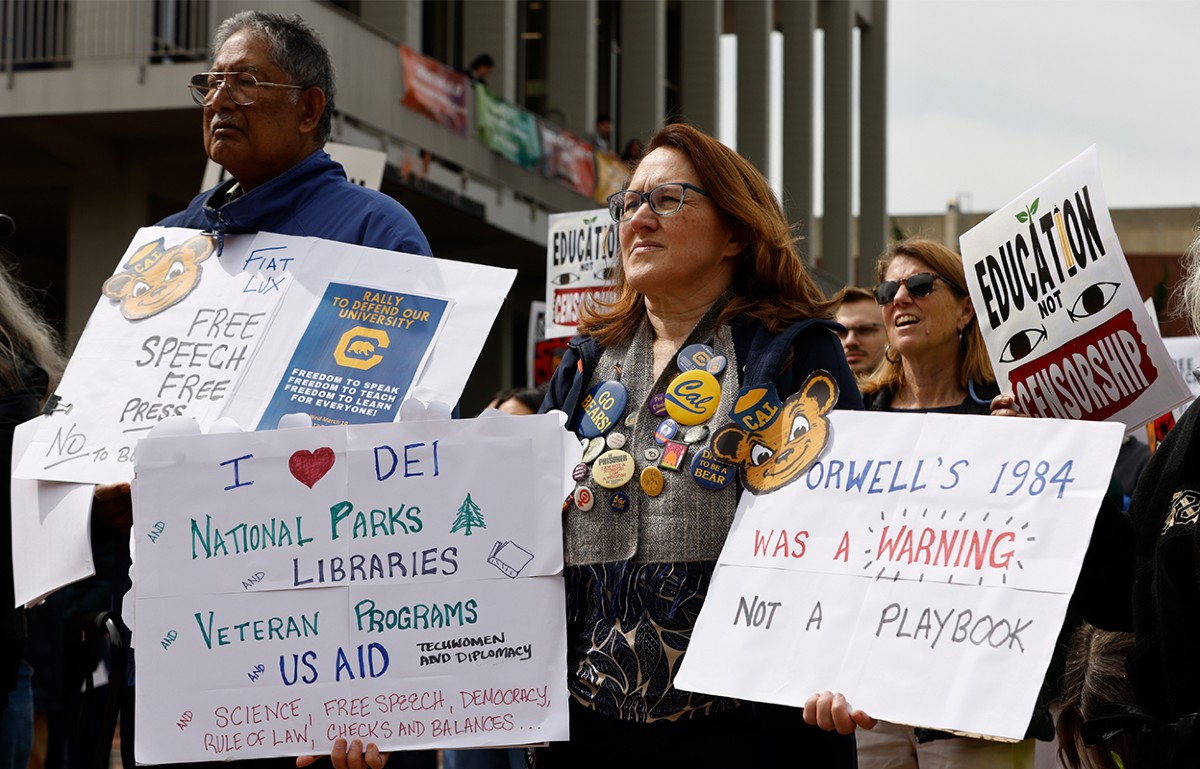
"AI models are extraordinary, but they can also fail for some groups of people: if a model is trained only on data from men, for example, it might perform poorly when looking at women."
"I started at Stanford University in California in 2009 as a physics major, entranced by the theoretical elegance of variational principles and Riemannian manifolds."
"This paper was a revelation to me; it gave me hope that I could protect my family, and myself, with AI."
"One of the few things that made me feel better was a scientific paper that used an AI model to find overlooked clues for predicting survival."
The author discusses receiving scrutiny from the U.S. Senate regarding NSF funding related to Diversity, Equity, and Inclusion initiatives. They reflect on their journey into AI, sparked by personal health issues and inspired by a groundbreaking research paper that highlighted the potential of AI in predicting cancer risks. The article emphasizes the importance of developing AI models that serve diverse populations and avoid biases, thus ensuring equitable health outcomes across different demographics, showcasing a commitment to inclusivity in their work.
Read at Nature
Unable to calculate read time
Collection
[
|
...
]